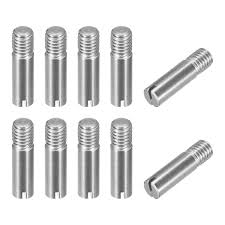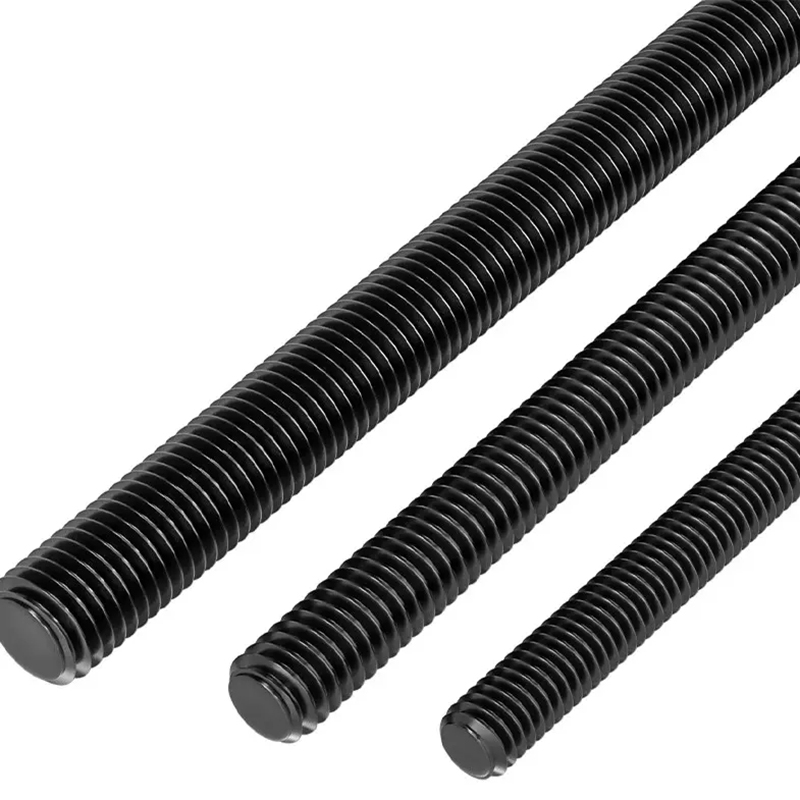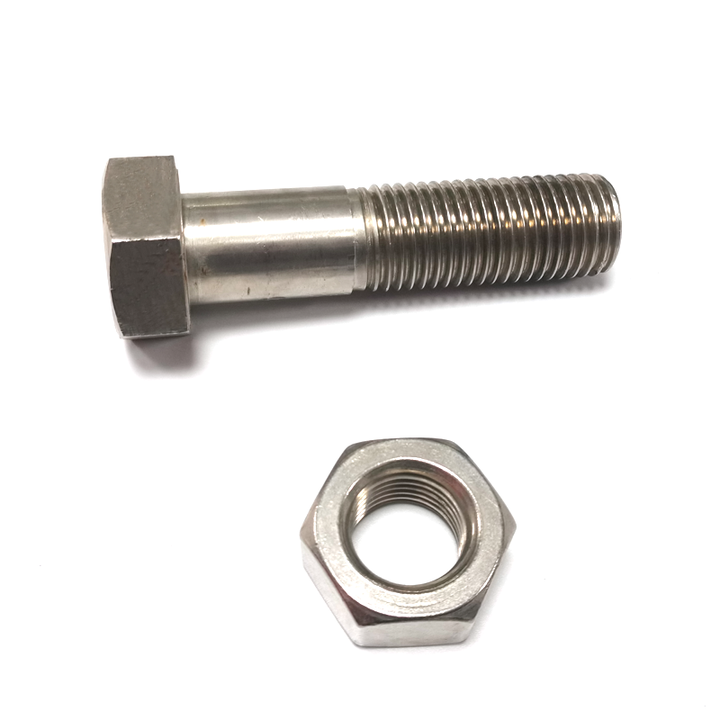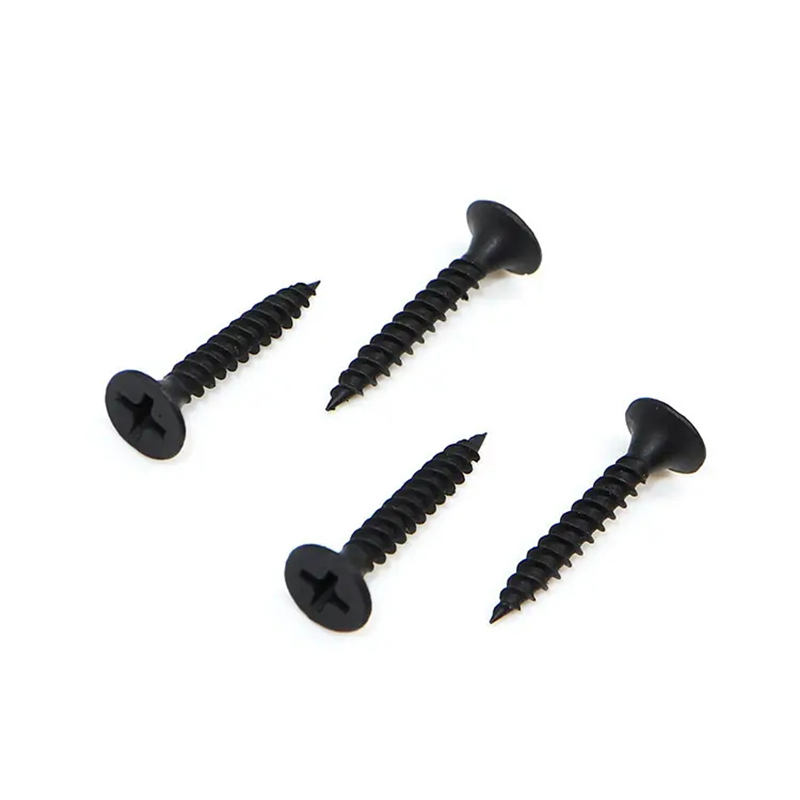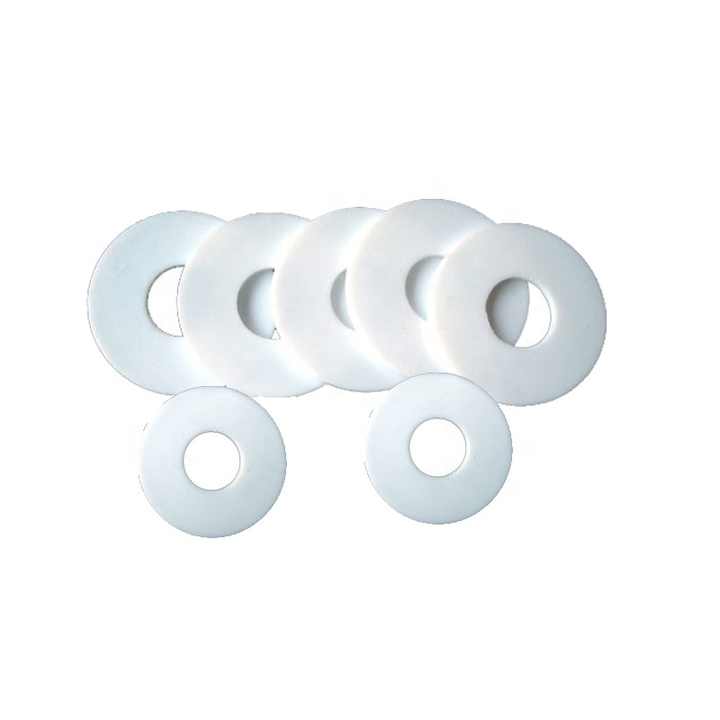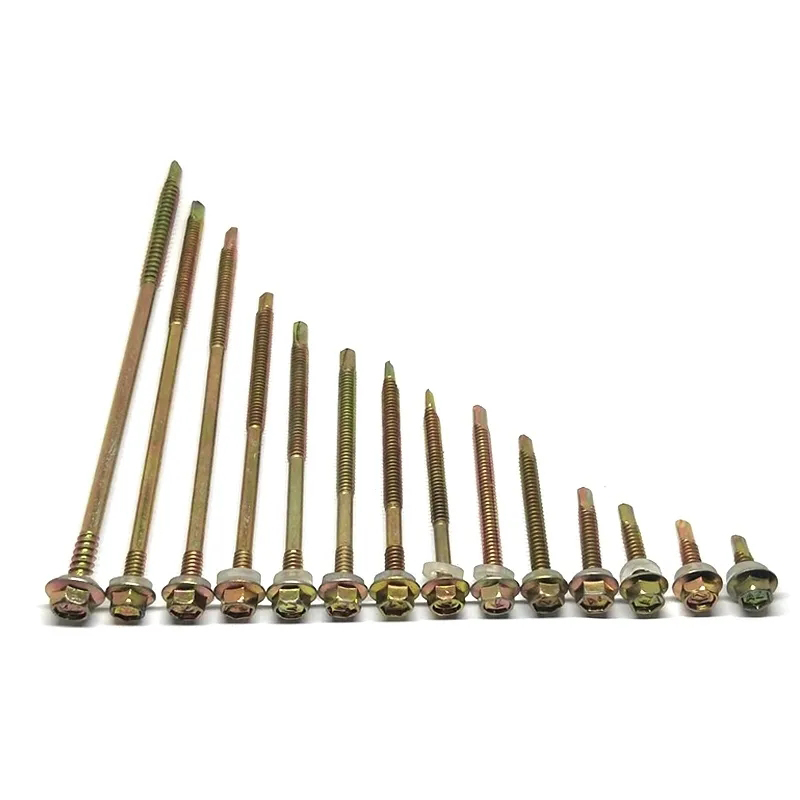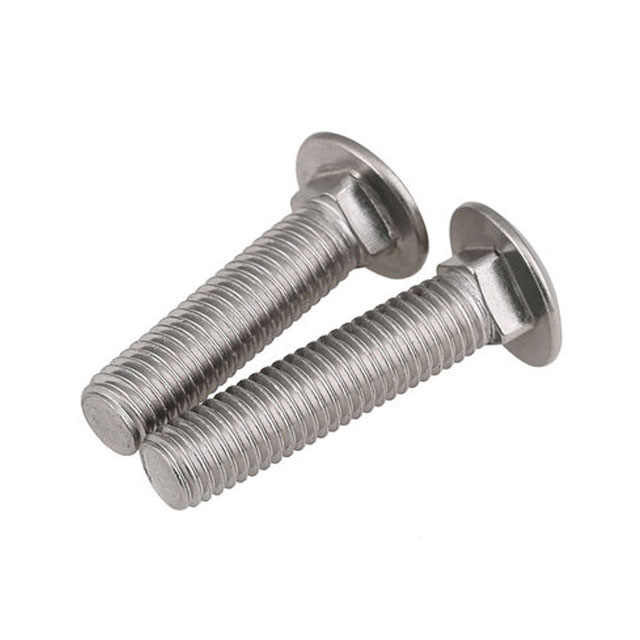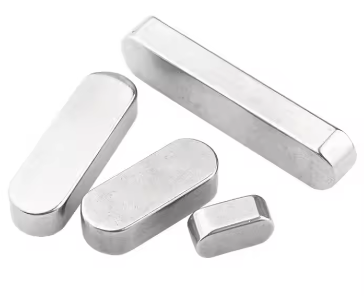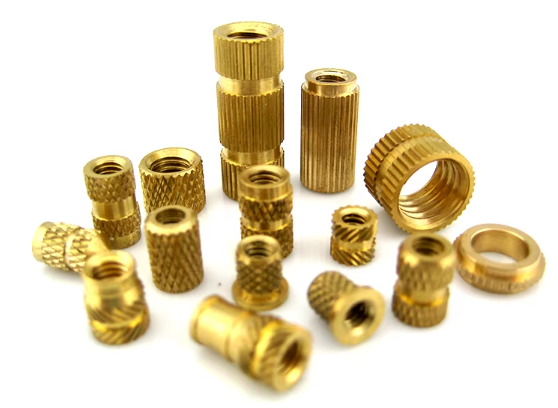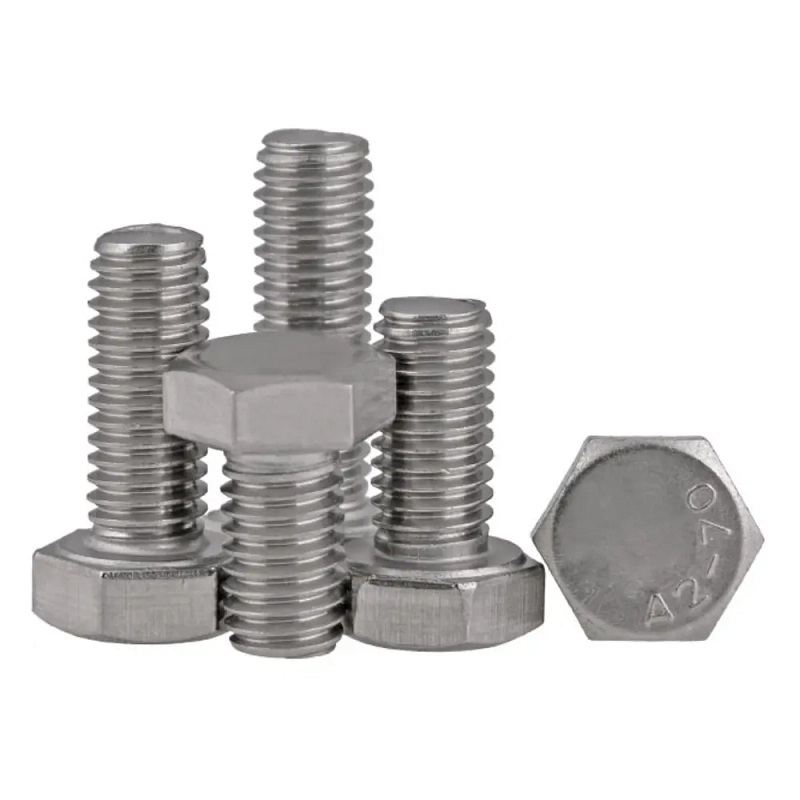

Buy Stainless Steel Carriage Bolts: A Comprehensive GuideThis guide provides a comprehensive overview of stainless steel carriage bolts, covering their types, applications, benefits, and how to choose the right ones for your project. We'll explore different grades of stainless steel, sizes, and installation techniques to help you make informed purchasing decisions.
Looking to buy stainless steel carriage bolts? This guide will walk you through everything you need to know before making a purchase. From understanding different grades of stainless steel to choosing the correct size and knowing installation techniques, we've got you covered. Making the right choice will ensure the longevity and success of your project.
Stainless steel carriage bolts are a type of fastener characterized by a rounded head and a square neck underneath. This square neck prevents the bolt from rotating when tightened, making them ideal for applications where a secure, non-rotating connection is crucial. Unlike other bolts, they don't require a separate washer to keep them in place.
Stainless steel carriage bolts are available in various grades, each offering different levels of corrosion resistance and strength. Common grades include:
The choice of grade depends heavily on the application. For outdoor or marine applications, 316 stainless steel is generally recommended for its superior corrosion resistance. For less demanding applications, 304 stainless steel provides a good balance of cost and performance.
Selecting the appropriate stainless steel carriage bolts involves considering several factors:
Referencing a bolt size chart is crucial for selecting the correct size. Many reputable hardware suppliers provide detailed charts online. Accurate measurements are essential to avoid issues during installation.
Stainless steel carriage bolts find applications in numerous industries and projects:
When sourcing stainless steel carriage bolts, it’s important to choose a reputable supplier. Consider factors such as quality control, customer service, and competitive pricing. For high-quality stainless steel fasteners, consider exploring suppliers like Hebei Dewell Metal Products Co., LTD, a leading provider of various fasteners. They offer a wide selection of stainless steel carriage bolts to meet diverse needs.
Proper installation is key to ensuring the longevity and performance of your stainless steel carriage bolts. Always use the appropriate tools and techniques to avoid damaging the bolts or the materials being joined. Pre-drilling pilot holes is often recommended to prevent stripping or cracking.
| Feature | 304 Stainless Steel | 316 Stainless Steel |
|---|---|---|
| Corrosion Resistance | Good | Excellent (Especially in chloride environments) |
| Strength | Good | Good |
| Cost | Lower | Higher |

